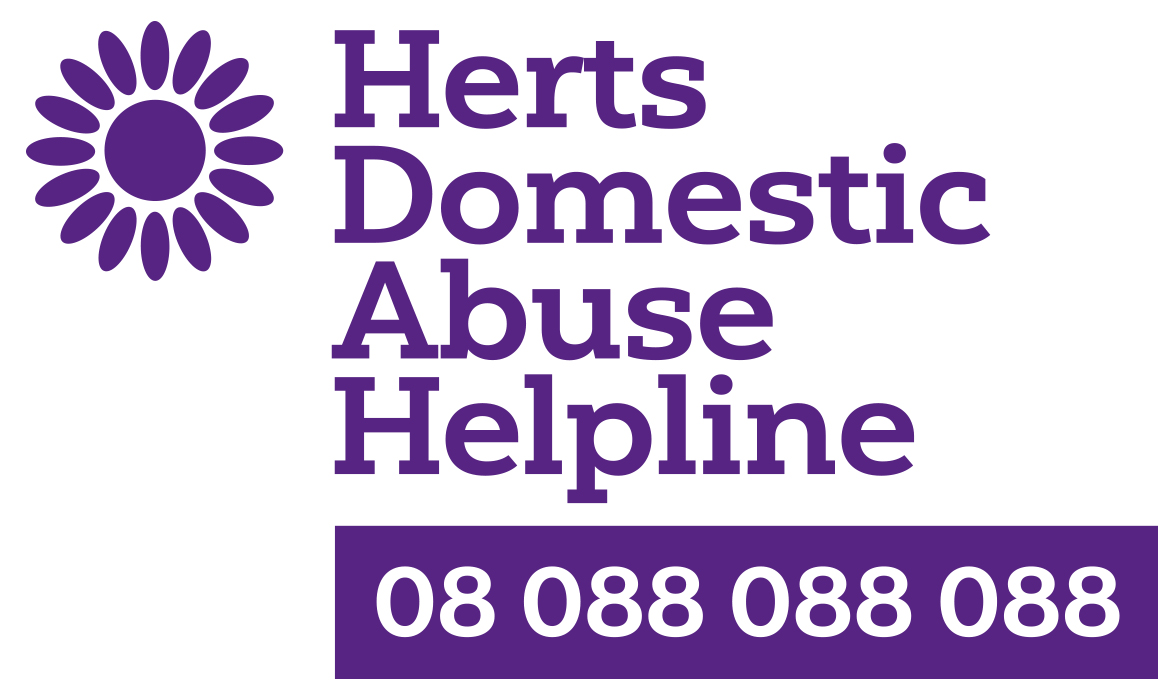In this article, we highlight how to spot the signs that someone is in an abusive relationship and experiencing ‘gaslighting’.
In 2015, a new offence was introduced by the Serious Crime Act that made significant steps towards recognising how domestic violence can take many forms. The offence of ‘Controlling or coercive behaviour in an intimate or family relationship’ acknowledges serious emotional and psychological abuse that differs from harassment and stalking. Coercive behaviour involves a person – either a family member or a partner – acting in a way that makes the victim feel controlled, dependent and isolated. This form of abuse includes what is known as ‘gaslighting’ … Read our survivor story to hear a first hand account about being a victim of Coercive Control.
What is ‘gaslighting’?
The term gaslighting comes from the 1938 play ‘Gas Light’ in which a husband makes his wife believe she is insane by manipulating her environment, including gradually dimming a gas light but insisting his wife is imagining it. Gaslighting is used to describe how an abuser lies and manipulates information to make a victim question his or her sanity, eating away at their ability to make judgements. The abuser controls the victim’s perceptions to make them doubt themselves and their memory.
What does gaslighting look like?
Gaslighting is a serious and debilitating form of psychological abuse. It centres on control: gaining power over the victim’s life and their interactions with the world around them. The victim is made to feel they cannot do anything right, leaving them desperate to make things better because they believe they are the one at fault.
What to look out for if you suspect someone is being gaslighted:
· Is their freedom of movement and independence (such as choice of what they wear, eat, who they can see) being restricted?
· Are they being isolated from their family and friends?
· Is every tiny detail of their life being micro-managed?
· Is the perpetrator telling blatant lies to discredit them?
· Are they being made to feel paranoid, oversensitive or mentally unstable?
· Are their feelings being trivialised or denied by the abuser?
· Is the abuser denying to them that certain events have taken place and claiming they are making them up?
· Are they being told they are worthless, being put down or called names?
The impact of gaslighting on a victim’s life
Because of how gaslighting makes the victim doubt themselves, they may not realise what is happening to them. They are slowly worn down over time. The psychological effects are significant and have a long-lasting impact:
· Self-doubt
· Diminished self-esteem and self-confidence
· Reduced self-worth – ‘What’s wrong with me?’
· Feeling of isolation
· Not trusting their own judgement, making it hard to make decisions
· Feeling that they are incapable of doing anything right and a fear of breaking the abuser’s ‘rules’
· Feeling the need to apologise all the time
· Permanent state of hypervigilance – ‘Am I going to do this wrong?’
· Feeling confused or ‘crazy’
· Hopelessness and depression.
The impact of the new law
The new offence of ‘Controlling or coercive behaviour in an intimate or family relationship’ is starting to have an impact. These two convictions in 2016 show how the abusive behaviour that is part of gaslighting is being taken seriously:
· A man who controlled his partner's social life and told her what she could eat and wear was jailed for two and a half years. He admitted to behaviour such as making his partner run everyday on a treadmill to lose weight and telling her she didn’t look as good as other women.
· A man was sentenced to 6 months’ imprisonment and received a two-year restraining order under the new law. He had controlled every aspect of his partner’s life, including preventing her from seeing her friends, stopping her using her mobile phone and controlling her social media.
What to do if you or someone you know is being gaslighted
For someone who has been gaslighted, the challenge is to recover a belief in their own reality and perceptions. They will need help to rebuild their self-confidence, and their trust in both themselves and others. As in any abusive relationship, an incredible amount of courage is needed to escape and break those unhealthy bonds.
If you think that you or someone you know is a victim of gaslighting or any other form of emotional, physical or financial abuse, please seek professional help as soon as possible.
You can contact Herts Domestic Abuse Helpline for advice and support. Our FREE confidential helpline is set up to support anyone who is impacted directly or indirectly by Domestic Abuse. Call 08 088 088 088 to speak to a local expert who can offer bespoke advice and signposting to support groups and the most appropriate agency support.

